MercoPress. South Atlantic News Agency
Economy
-
Tuesday, December 30th 2014 - 07:53 UTC
Uruguay watching Russia's 'perfect storm' closely
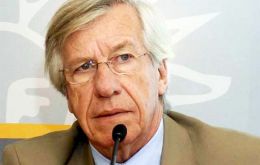
Uruguay's Economy Minister Mario Bergara and Vicepresident Danilo Astori agree on how Russia's situation will affect the South American country's trade balance and whether it may or may not have a direct impact on beef exports.
-
Tuesday, December 30th 2014 - 07:49 UTC
US dollar set aside - China, Russia trade in local currencies
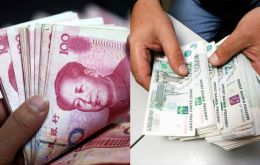
New financial tools come into force as buffer against vulnerability to exchange rate fluctuations.
-
Monday, December 29th 2014 - 20:09 UTC
Did The Saudis And The US Collude In Dropping Oil Prices?

The oil price drop that has dominated the headlines in recent weeks has been framed almost exclusively in terms of oil market economics, with most media outlets blaming Saudi Arabia, through its OPEC Trojan horse, for driving down the price, thus causing serious damage to the world's major oil exporters – most notably Russia.
-
Monday, December 29th 2014 - 08:04 UTC
Lopez: 'Venezuela on the brink of collapse'
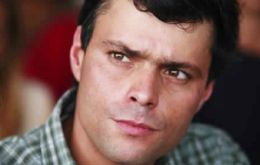
Human rights traded for other means of survival as shortages hit average people, says the 43-year-old Harvard graduate from his prison cell in a letter to the Wall Street Journal .
-
Monday, December 29th 2014 - 07:57 UTC
YPFB-Andina awarded exploration rights in Santa Cruz areas
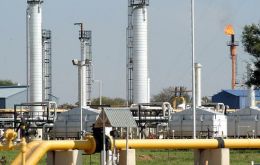
Bolivia's export 6.3 % higher than despite drop in gas volumes. Economic growth, foreign investment continue
-
Friday, December 26th 2014 - 06:17 UTC
Exceptional year 2014 for Argentina's YPF

The CEO of the state-owned oil company YPF Miguel Galuccio has assured that 2014 “was an exceptional year” in terms of growth and investment. He pointed out that every goal for the year had been achieved.
-
Friday, December 26th 2014 - 00:59 UTC
Uruguay's Economy Minister skeptical on ARU study
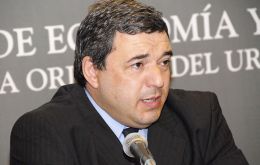
Consumers could have saved as much as US$ 167 million had fuel been imported directly instead of oil being refined by ANCAP. Mario Bergara deems it to be “overblown”
-
Monday, December 22nd 2014 - 08:48 UTC
Oil price may slump to US$ 20... or then again maybe not

Market analysts describes two possible international scenarios. Whichever one prevails will be decisive. But it is not happenning soon.
-
Sunday, December 21st 2014 - 23:44 UTC
'Inflation above 30%', says De Mendiguren
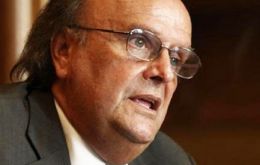
Lawmaker and member of the Argentine Industrial Union (UIA) José Ignacio de Mendiguren said that inflation is not 40% as some private indexes say, but he pointed out that it is not around 24% as the government says either. “I think it is over 30%,” he said.
-
Thursday, December 18th 2014 - 21:00 UTC
Brazil's trade balance to benefit from oil price drop
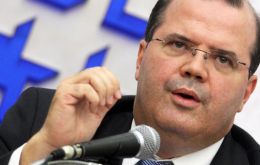
Central Bank President Alexandre Tombini sees the bright side of the international trend that is causing many others a headache, because the country is a net petroleum importer.
